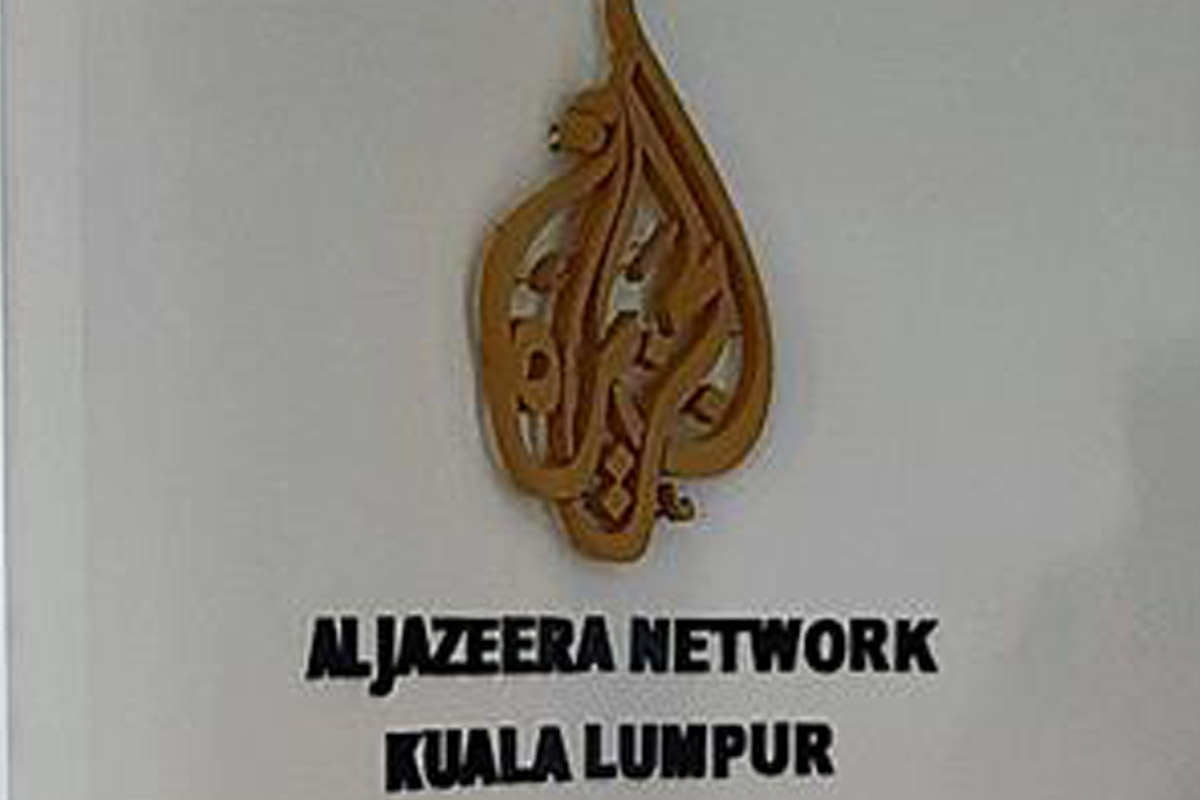In cracking down on Al-Jazeera and two local broadcasters for the airing of a documentary that highlighted the plight of illegal workers in Malaysia during the Covid lockdown, the Southeast Asian country may have reacted with greater indignation than it is entitled to.
The action by Malaysia’s government follows the airing of a documentary last month called “Locked Up in Malaysia’s Lockdown” that focused on the plight of undocumented workers detained during raids in areas under tight containment measures and that of migrant workers.
Advertisement
The Malaysian government described the documentary as inaccurate and unfair, and promptly launched a manhunt for a Bangladeshi worker who was especially critical of the authorities.
He was arrested on 25 July and his work permit revoked, and Malaysia announced that he would both be deported and never again allowed to enter the country. Before the arrest, his photograph, name and address were splashed across media, a step Human Rights Watch said placed him at great risk in an environmental hostile to migrant workers.
As the rights body noted, “The government’s action sends a chilling message to the country’s many migrant workers: If you want to stay in Malaysia, don’t speak up no matter how badly you have been treated.”
Any lingering doubts anyone might have had on Malaysia’s message were laid to rest by a statement of the country’s Immigration chief who “strongly” warned migrants to “be careful” or risk losing their work permits.
There are more than 2.2 million registered foreign workers in Malaysia, mostly from Indonesia, Nepal and Bangladesh. There are in addition many undocumented workers who slip through the cracks of the country’s immigration checkpoints.
As job layoffs began to pinch during the economic slowdown following the virus outbreak, many Malaysians turned their ire on these workers. They were accused of both spreading the virus, and of “stealing” jobs from locals hit by the epidemic.
Already, there are reports that many migrant workers have lost their jobs; some are going hungry and have been evicted from even their cramped quarters which in any event were breeding grounds for the virus to spread.
Al Jazeera is under investigation for sedition and for violation of the country’s immigration laws but has staunchly defended itself saying its report was accurate.
Malaysia’s conduct is in sharp contrast to that of Singapore, which too had reported multiple virus outbreaks from quarters occupied by migrant workers.
The smaller country confronted the outbreak as a public health emergency and avoided stigmatisation of the workers, while simultaneously launching measures to ensure that the standard of living in workers’ dormitories was improved.
Malaysia would do well to remember that while workers migrate to a foreign land in search of opportunity, they also fulfil a need that the local work force finds difficult to meet in normal circumstances. Allowing workers to be ill-treated, as alleged, and then stifling criticism does not solve the problem









